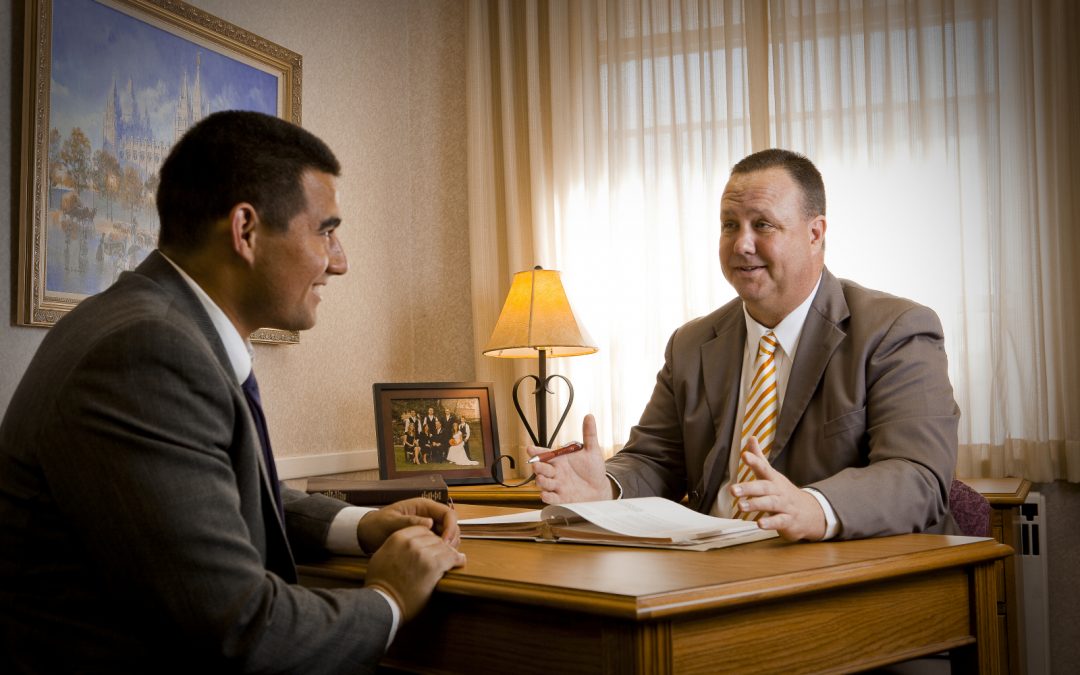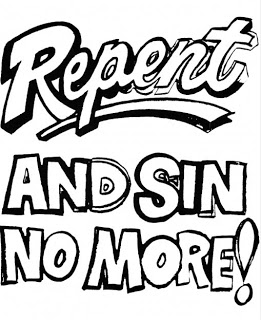Question
Gramps,
Thanks for your website. I am wondering about sins that must be confessed to a bishop. I know that all moral sins dealing with breaking the law of chastity must be confessed, but are their other sins that must be presented to priesthood leaders or are they taken directly to Father in Heaven? It’s very difficult with a protestant background to confess to a man when I was raised with the scripture in the new testament, “there is no mediator between God and man except Jesus Christ.” Thank you.
Sue
Answer
Dear Sue,
First, lets look at the scripture to which you refer, which is found in 1 Timothy 2:1-5.
1 I exhort therefore, that, first of all, supplications, prayers, intercessions, and giving of thanks, be made for all men;
2 For kings, and for all that are in authority; that we may lead a quiet and peaceable life in all godliness and honesty.
3 For this is good and acceptable in the sight of God our Saviour;
4 Who will have all men to be saved, and to come unto the knowledge of the truth.
5 For there is one God, and one mediator between God and men, the man Christ Jesus.
This scripture contains the Apostle Paul’s counsels and exhortations to a young pastor respecting his personal conduct and ministerial work. He is counseling Timothy to make supplications, prayers, and intercessions for all men, including kings. Then he says this is good and acceptable in the sight of God our Saviour. Then, speaking of and identifying the Savior, he counsels that there is one God, and one mediator between God and men, the man Christ Jesus. The sense in which Jesus is the mediator between God and man is the sense that He gave Himself in redeeming atonement for the sins of all mankind, thus making it possible for God to extend his mercy in forgiving men of their repented sins without violating the law of justice. However, Jesus organized his Church during his mortal ministry with the objective of providing for the eternal salvation of all who would accept the saving precepts that He taught. Paul speaks of the purpose of those who are called to positions of responsibility in the church in Ephesians 4:11-13—
And he gave some, apostles; and some, prophets; and some, evangelists; and some, pastors and teachers; For the perfecting of the saints, for the work of the ministry, for the edifying of the body of Christ: Till we all come in the unity of the faith, and of the knowledge of the Son of God, unto a perfect man, unto the measure of the stature of the fulness of Christ.
So the duties of the church officials, including pastors (bishops) is to assist in the perfecting of the saints. The bishop is the Savior’s official representative to those over whom he presides, and is a common judge in Israel.
This is the duty of a bishop who is not a literal descendant of Aaron, but has been ordained to the High Priesthood after the order of Melchizedek. Thus shall he be a judge, even a common judge among the inhabitants of Zion, or in a stake of Zion, or in any branch of the church where he shall be set apart unto this ministry, until the borders of Zion are enlarged and it becomes necessary to have other bishops or judges in Zion or elsewhere (D&C 107:73-74).
So it is appropriate to confess to the bishop, who represents the Savior to the members of his congregation. Now, what sins should be confessed to the bishop–all sins of a serious nature; and I would suggest all sins that a person has a difficulty in overcoming, or which, even after full and complete repentance, continue to nag at the conscience. The bishop is in a unique position to given inspired counsel and advise in helping us to overcome our faults and shortcomings, and to represent ourselves as worthy before the Lord. My other thought is if you are unsure if it is something that should be confessed to a Bishop, talk to him anyway. As one who has stewardship over you, let him advise you if it is something you need to be concerned about. Let him put your mind at ease.
Gramps







